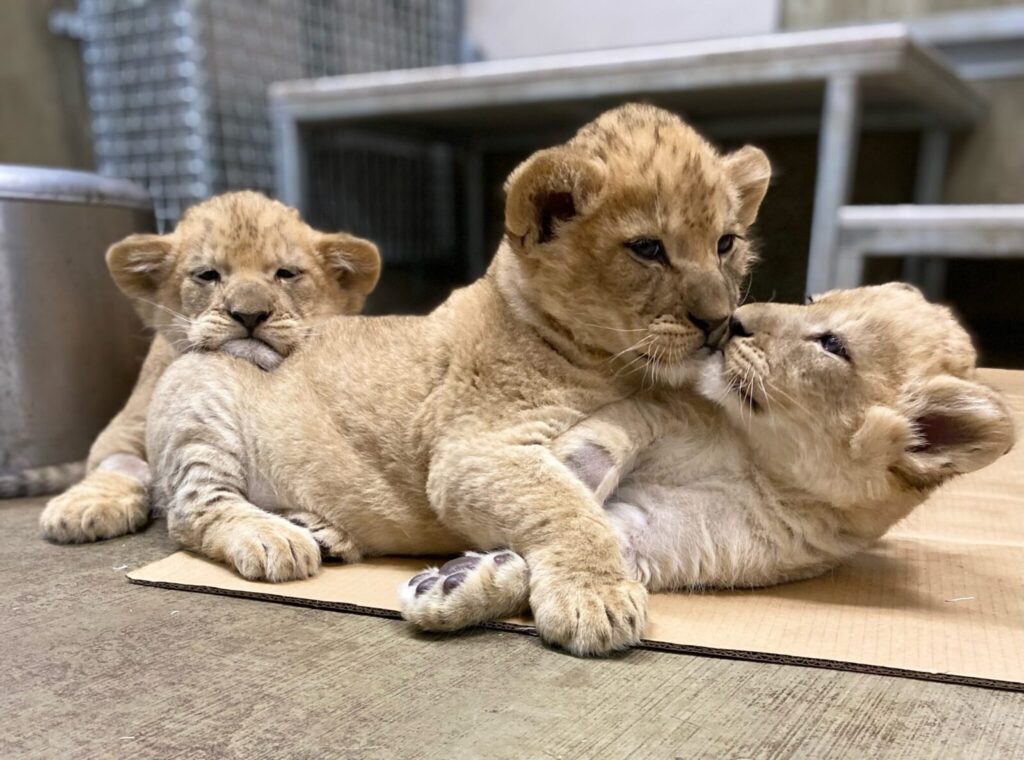Find Lion cubs for sale Angola. We provide medically fit and home tame lion cubs. They are very friendly and playful. Order any now.
Lion cubs for sale Angola
Angola, a nation still rebuilding after decades of civil war, is facing a growing conservation crisis: the trade in lion cubs. While precise figures are difficult to obtain due to the clandestine nature of the practice, reports and anecdotal evidence suggest a disturbing trend of lion cubs being captured and sold, both domestically and potentially internationally.
The reasons behind this trade are complex, driven by a confluence of factors including poverty, cultural beliefs, and a growing demand for exotic pets and status symbols.

The Economics of Exploitation:
For impoverished communities living near lion habitats, the lure of quick money from selling a cub can be irresistible. With limited access to education and economic opportunities, the perceived value of a wild animal outweighs the long-term consequences for the species and the ecosystem. The price a cub can fetch varies, but even a modest amount can represent a substantial income for those struggling to survive.
Cultural Beliefs and Traditional Medicine:
In some Angolan communities, lion parts, including cubs, are believed to possess medicinal or spiritual properties. This demand for traditional medicine fuels the illegal hunting of lions and the capture of cubs, further threatening the already vulnerable population.
The Exotic Pet Trade: A Global Problem:
The demand for exotic pets, fueled by social media and a desire for status, is a significant driver of the illegal wildlife trade worldwide. While there is limited documented evidence of large-scale international lion cub trafficking from Angola, the possibility cannot be discounted. Cubs are appealing due to their perceived cuteness and novelty, often ignorantly purchased without consideration for the immense commitment and specialized care they require.
The Devastating Impact:
The removal of lion cubs from their natural environment has devastating consequences:
- Disrupted Lion Populations: Removing cubs disrupts prides, potentially leading to the death of remaining cubs due to infanticide by a new male. It also reduces the genetic diversity of the population.
- Increased Human-Wildlife Conflict: Lionesses, driven by maternal instinct, are more likely to venture into human settlements in search of their lost offspring, leading to conflict and potentially retaliatory killings.
- Reduced Tourism Potential: Healthy lion populations are crucial for attracting tourists, which can provide sustainable economic opportunities for local communities. The decline in lion populations due to the cub trade undermines this potential.
- Ethical Concerns: Keeping a wild animal like a lion cub in captivity is inherently cruel. These animals often suffer from malnutrition, lack of appropriate veterinary care, and the psychological distress of being confined in unnatural environments.
What Needs to be Done?
Addressing the illegal lion cub trade in Angola requires a multifaceted approach:
- Strengthened Law Enforcement: Angola needs to bolster its wildlife protection laws and increase enforcement efforts to deter poaching and trafficking. This includes training rangers, equipping them with necessary resources, and increasing penalties for wildlife crime.
- Community Engagement and Education: Educating local communities about the importance of lion conservation and the negative impacts of the cub trade is crucial. Providing alternative income opportunities, such as sustainable tourism initiatives, can reduce the economic incentive to engage in illegal activities.
- Tackling Corruption: Corruption within government agencies and law enforcement can facilitate the illegal wildlife trade. Addressing corruption is essential for effective conservation efforts.
- International Collaboration: Collaboration with international organizations and other African nations is vital for sharing best practices, securing funding for conservation projects, and combating cross-border trafficking.
- Raising Awareness: Educating the public, both in Angola and internationally, about the plight of lions and the devastating impact of the illegal cub trade is essential for reducing demand and supporting conservation efforts.
The survival of Angola’s lions depends on urgent action. By addressing the root causes of the trade and implementing comprehensive conservation strategies, Angola can protect these magnificent animals for future generations.

